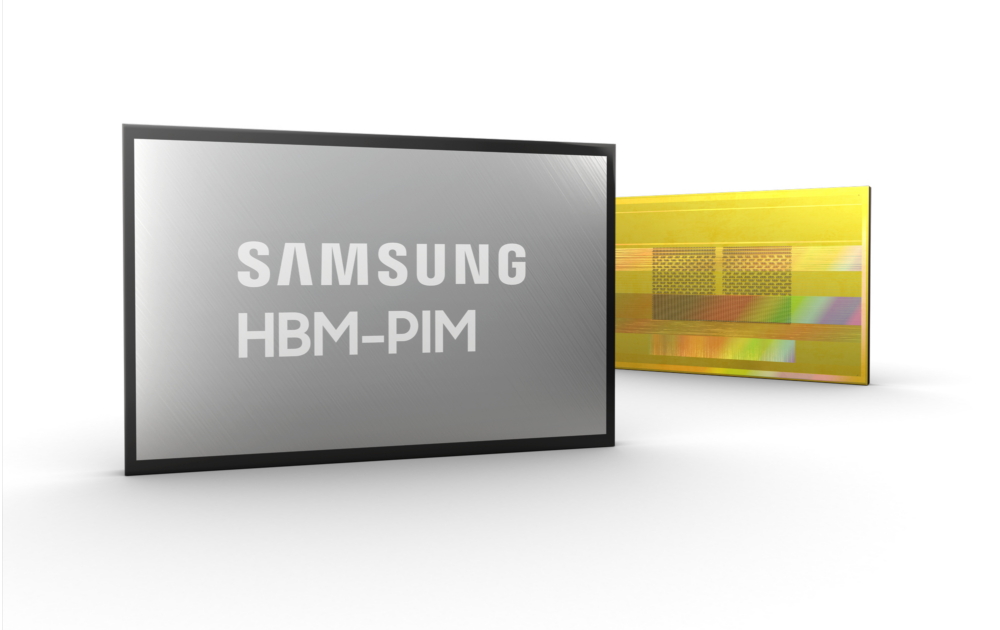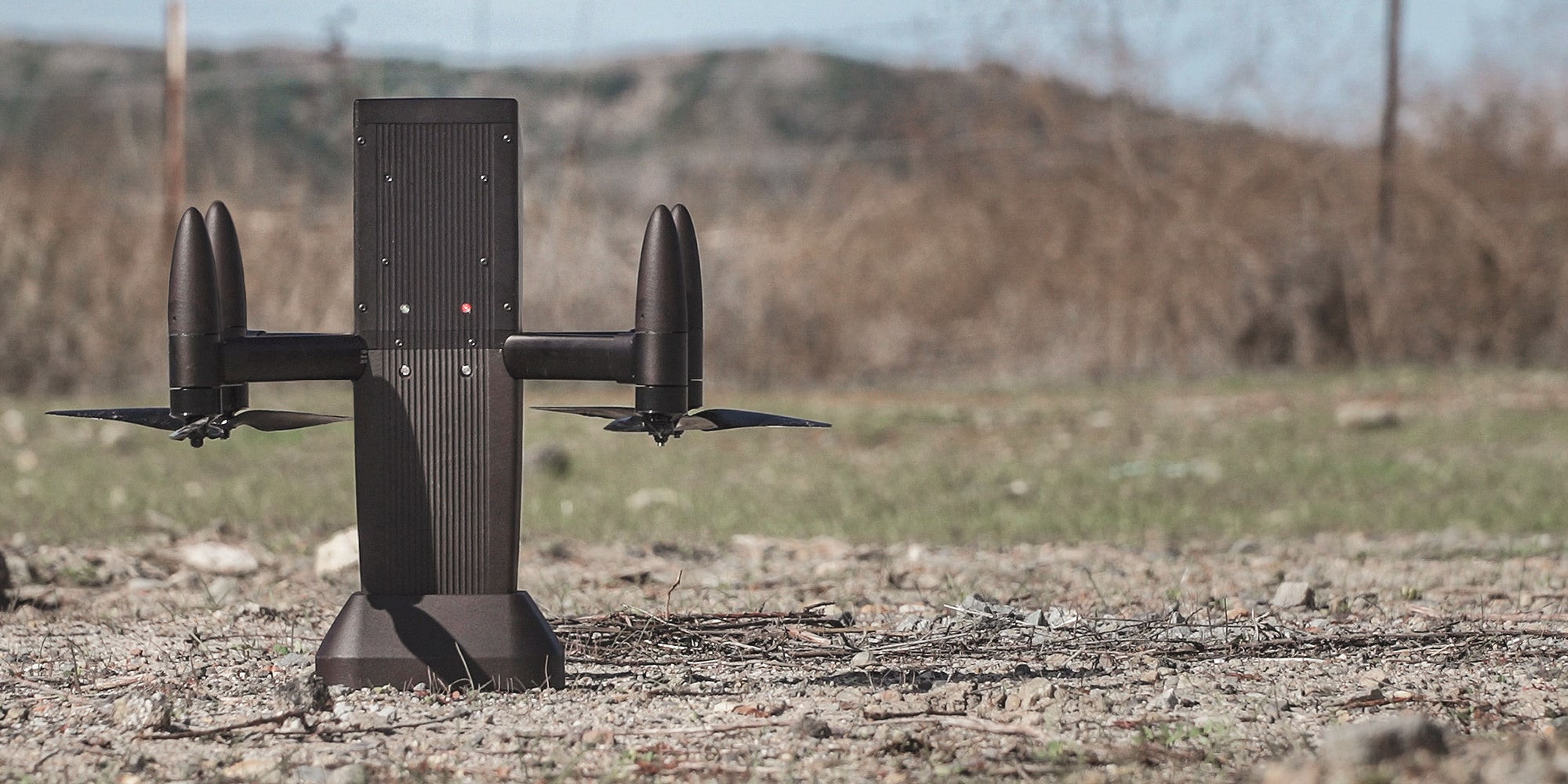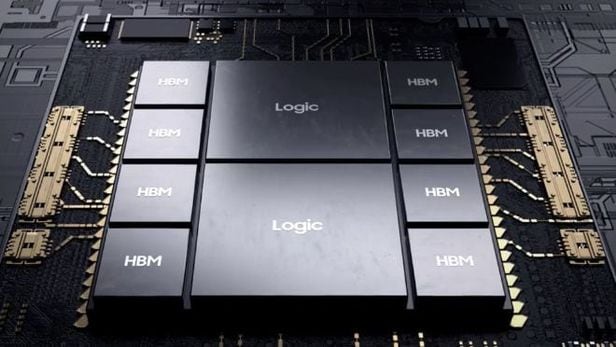
The tech world is ablaze with innovation, and investors are taking notice. In the realm of artificial intelligence, defense tech startup Helsing has raised a whopping $489 million in funding, valuing the company at a staggering $5.4 billion. This comes on the heels of a previous round of funding worth $227 million, led by General Catalyst. Founded in 2021, Helsing has raised a total of approximately $827 million to date.
The company’s software designs artificial intelligence solutions that boost weapons capabilities in drones and jet fighters, while also improving battlefield decision-making. Helsing’s tech has seen action in Ukraine and the Baltic states, as eastern European nations fear further aggression from Russia.
But Helsing isn’t the only player in the defense tech space making waves. Anduril, a software and hardware defense tech startup, closed a massive $1.5 billion Series E funding round in late 2022. And earlier this year, it was reported that the startup was raising another $1.5 billion round, this time at a $12.5 billion valuation.
Despite the significant investment in defense tech, global venture dollars have not poured into the space this year at the same rate as last year. However, with rounds like Helsing’s, it only takes one big fundraise to get right back on track – or even ahead – of last year’s pace.
Meanwhile, in the world of memory technology, Samsung Electronics is advancing its AI memory market with custom high bandwidth memory (HBM) solutions. The company is collaborating with major clients, such as AMD and Apple, to develop tailored HBM products, which are expected to be commercially available in the era of HBM4. According to reports, many customers of Samsung are switching from traditional, general HBM to customized products, as the latter promises better performance, power, and area (PPA), while offering greater value than current options.
Samsung is also developing a large-capacity HBM4 memory with a single stack capacity of 48GB, which is expected to enter production in 2025. Furthermore, the company illustrated the innovation of the 3D stacking of HBM DRAM and customer-specific logic chips. By bypassing the interposer and base die required in the existing 2.5D packaging solution, the HBM chip can be directly integrated into the computing SoC in 3D. Samsung’s custom HBM, therefore, by eliminating intermediaries and substrates, can significantly reduce power and area.
In another corner of the tech world, Chinese tech giant Baidu is making strides in autonomous vehicles. The company’s Apollo Go autonomous vehicle program is set to receive policy support from the Chinese government, which could see Baidu leap ahead of names like Tesla in miles driven autonomously. And with its stock price surging, Baidu is giving investors a promising opportunity to get in on the action. Compared to Tesla, Baidu’s price-to-earnings (P/E) ratio is significantly lower, making it an appealing choice for those looking to diversify their tech portfolio.
 Baidu’s autonomous vehicle technology is set to take off
Baidu’s autonomous vehicle technology is set to take off
 Samsung’s custom HBM solutions promise better performance and power
Samsung’s custom HBM solutions promise better performance and power
 Helsing’s AI software is changing the game in defense tech
Helsing’s AI software is changing the game in defense tech
 Anduril’s massive funding rounds are making waves in defense tech
Anduril’s massive funding rounds are making waves in defense tech
 China tech is on the rise, with Baidu leading the charge
China tech is on the rise, with Baidu leading the charge
 Samsung’s 3D stacking innovation is set to revolutionize HBM technology
Samsung’s 3D stacking innovation is set to revolutionize HBM technology














